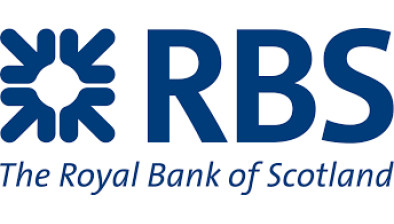RBS fails to persuade customers to switch banks

Alison Rose, RBS chief executive
Alison Rose, the new chief executive of RBS, faces the prospect of government intervention due to its failure to persuade small business customers to move to rival lenders.
In response to RBS’s failure, the official representative body overseeing the scheme might impose new conditions on the bank to increase the number of customers moving to rival banks.
The bank has been attempting to pass over more than 100,000 small business customers within the last ten years. It was told to make the move by the European Commission as part of state aid penalties after receiving a £46 billion taxpayer-funded bailout in 2008 and 2009.
Under the newest version of the plan which was launched in February, the bank was supposed to transfer 120,00 small and medium-sized customers through a specially created website to other banks by August 2020.
Confidential figures viewed by The Times have revealed that the number of small business moving to other banks or showing interest in moving has slowed.
The Times reported that around 12,000 small business moved between late February and June, compared with 6,000 in July to September. Businesses registering interested decreased by 80%, from 35,000 to 5,000.
Due to this, RBS might have to continue running the programme for longer, widen the group of customers which it contacts or increase the £275 million fund that it allocated to pay incentives for switching.
RBS pays rivals to take on customers ranging from £750 for a business with turnover of under £15,000 to £50,000 for one with turnover of more than £7.5m.
A total of eleven small banks including Metro, Starling, Santander, Co-operative and TSB have signed up to the switching scheme.






